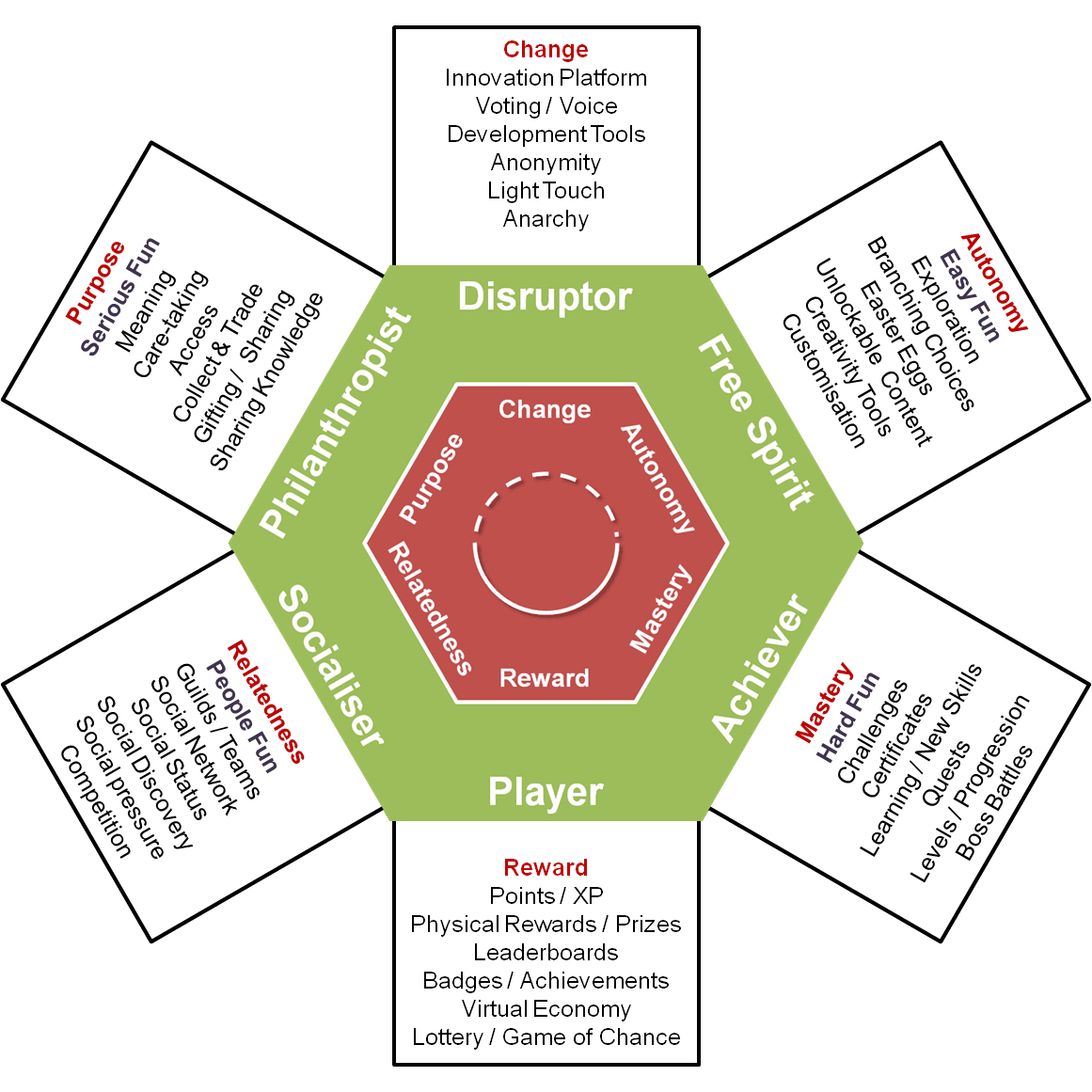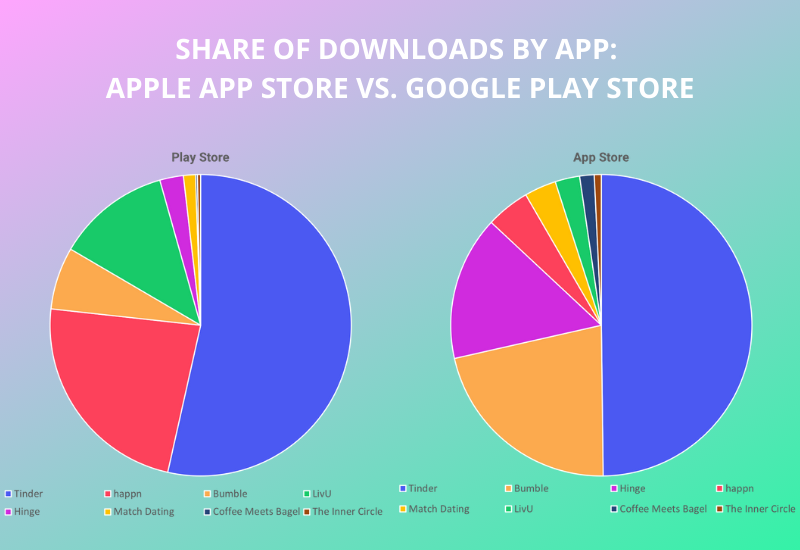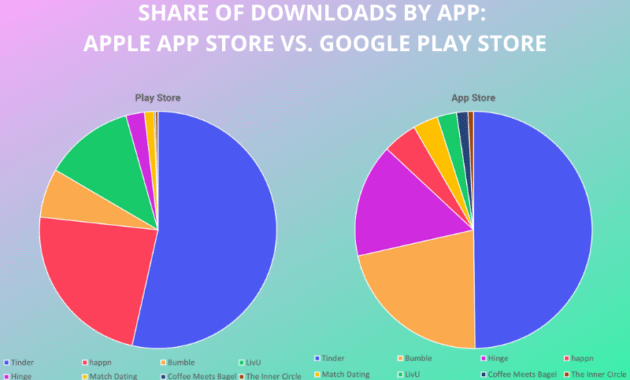Why Profile Photos Matter More Than You Think sets the stage for a deep dive into the significant impact that profile images have on our digital interactions. In an age where first impressions are often made online, the quality and relevance of a profile photo can influence perceptions, trust, and engagement levels in both personal and professional realms. Understanding this importance not only enhances individual branding but also highlights the broader implications on social dynamics and communication.
As we explore the nuances of how profile photos shape our online identities, we will examine the psychological effects of visual representation, the role of cultural contexts in photo selection, and the essential strategies for choosing effective images that resonate with intended audiences. This investigation will uncover surprising facts about the influence of profile pictures beyond mere aesthetics, revealing their profound connections to personal and professional success.
In the realm of modern technology and communication, the concept of digital privacy has become increasingly paramount. As individuals navigate through the digital landscape, their personal information is often collected, stored, and analyzed by various entities, raising significant concerns about privacy and data protection. This article will explore the multifaceted dimensions of digital privacy, the challenges it faces in contemporary society, and the potential solutions to safeguard individuals’ rights in the digital age.Digital privacy can be understood as the ability of individuals to control their personal information and to determine how, when, and to what extent it is shared with others.
In an era characterized by ubiquitous connectivity, where individuals frequently share their thoughts, emotions, and experiences on social media platforms, the lines of personal privacy have become increasingly blurred. The democratization of information sharing has greatly enhanced social connectivity, yet it has also led to rising concerns regarding the potential misuse of personal data.A significant contributing factor to the erosion of digital privacy is the extensive data collection practices employed by tech companies.
These companies often utilize sophisticated algorithms and tracking technologies to gather data on user behavior, preferences, and interactions. This data, which can include anything from browsing history to social media activity, is often utilized for targeted advertising, market research, and even political campaigning. While these practices may enhance user experience and provide businesses with valuable insights, they simultaneously raise ethical questions regarding consent and the extent to which individuals can maintain control over their information.Furthermore, data breaches have become a prevalent concern in recent years, impacting both individuals and organizations.
High-profile cases, such as the Equifax data breach in 2017, which exposed the personal information of approximately 147 million consumers, highlight the vulnerabilities inherent in data storage and management. These incidents not only compromise personal information but also erode trust in organizations tasked with safeguarding sensitive data. As cyber threats continue to evolve, the need for robust cybersecurity measures has never been more pressing.One of the critical aspects of digital privacy is the legal framework that governs data protection.
Various jurisdictions have implemented regulations aimed at enhancing privacy rights and promoting transparency in data handling practices. The General Data Protection Regulation (GDPR), enacted by the European Union in 2018, is a landmark regulation that sets stringent requirements for businesses regarding data collection, processing, and storage. Under the GDPR, individuals have the right to access their personal data, request its deletion, and receive clear information about how their data is used.
This regulatory framework serves as a model for other countries seeking to bolster their data protection laws.Despite the progress made in enacting privacy regulations, challenges remain in enforcing these laws and ensuring compliance. Many organizations, particularly those operating globally, often struggle to navigate the complexities of varying legal standards. Moreover, there exists a gap between the technical capabilities of data collection technologies and the legal frameworks designed to govern them.
This disparity underscores the need for a more dynamic approach to privacy regulation, one that evolves alongside technological advancements.In addition to regulatory efforts, there is a growing emphasis on the role of individual agency in protecting digital privacy. Empowering users with knowledge about their digital footprint and the implications of their online behavior is crucial in fostering a culture of privacy awareness.
Educational initiatives aimed at informing individuals about best practices for safeguarding their personal information, such as the use of strong passwords, data encryption, and understanding privacy settings on social media platforms, are essential. Such initiatives can help individuals make informed decisions about their online activities and enhance their overall digital literacy.Another significant consideration in the discourse surrounding digital privacy is the ethical implications of artificial intelligence (AI) and machine learning.
As these technologies become increasingly integrated into everyday life, concerns arise regarding the potential for bias and discrimination in data processing. The algorithms that underpin AI systems often rely on vast datasets, which may inadvertently perpetuate existing societal biases if not thoughtfully curated. This raises questions about accountability and transparency in AI systems, particularly when they are used to inform decisions that can significantly impact individuals’ lives, such as hiring practices or law enforcement.Furthermore, the rise of surveillance technologies, such as facial recognition and location tracking, has sparked debates about the balance between security and privacy.
While proponents argue that such technologies can enhance public safety and improve efficiency, critics contend that they pose a significant threat to civil liberties and the right to anonymity. The implementation of surveillance measures must be carefully scrutinized to ensure that they do not infringe upon individuals’ rights to privacy and freedom of expression.As we navigate the complexities of digital privacy, it is essential to consider the role of corporate responsibility in data protection.

Organizations that collect and utilize personal data have a moral obligation to safeguard that information and to act transparently in their data practices. Building a culture of privacy within organizations, where data protection is prioritized, can help mitigate risks and enhance consumer trust. Companies must not only comply with legal regulations but also strive to implement ethical data practices that prioritize user privacy.In conclusion, the landscape of digital privacy is fraught with challenges, yet it also presents opportunities for innovation and growth.
The interplay between technology, regulation, and individual agency will shape the future of privacy in the digital age. As individuals become increasingly aware of their digital rights and the implications of their online activities, the demand for greater transparency and accountability in data handling practices will continue to grow. It is imperative that stakeholders, including individuals, organizations, and policymakers, work collaboratively to foster a culture of privacy that respects individuals’ rights and promotes a secure digital environment for all.











